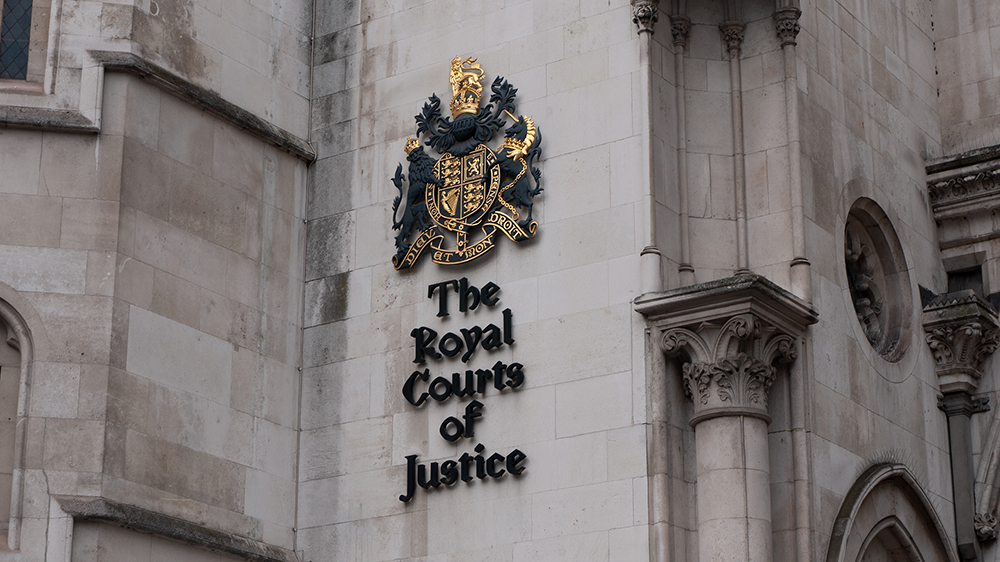England: Children’s access to puberty blockers restricted in transgender healthcare case

The UK’s only gender identity clinic for under-18s has lost a high-profile High Court battle over whether under-16s can consent to treatment with puberty blockers.
The NHS Gender Identity Development Service (GIDS) based at Tavistock NHS Trust has, since 2011, prescribed puberty blockers (PBs) to some under-16s diagnosed with gender dysphoria.
The treatment is intended to delay puberty in children who feel discomfort or distress because their body does not line up with their gender identity. The NHS and other experts describe the treatment as fully reversible, but critics say more research is needed into the long-term physical and psychological effects.
Yesterday’s judgment in Bell v Tavistock NHS Trust, which has been criticised by transgender rights groups, looks sceptically on whether children can be considered to meet the necessary capacity test – Gillick competence – to give consent to being treated with PBs.
Judges concluded that it is “highly unlikely that a child aged 13 or under would ever be Gillick competent to give consent to being treated with PBs” and that it is “very doubtful” that a child aged 14 and 15 “could understand the long-term risks and consequences of treatment in such a way as to have sufficient understanding to give consent”.
In respect of young people aged 16 and over, where there is “a presumption that they have the ability to consent to medical treatment”, judges said these could still be regarded by clinicians as “cases where the authorisation of the court should be sought prior to commencing the clinical treatment”.
Lui Asquith, director of legal, policy and operations at Mermaids UK, a charity that supports trans children, said: “It’s frankly a potential catastrophe for trans young people across the country and it cannot be exaggerated the impact that this might have, not only on the population of trans young people that require hormone blockers, but it may potentially open the floodgates towards other questions around bodily autonomy and who has the right to govern their own body.”
Irish legal academic Dr Sandra Duffy, a teaching associate at University of Bristol Law School, said the ruling is “likely to cause a significant chilling effect on the prescription of gender-affirming hormonal treatments to persons under 16”. In a blog post, she added that GIDS is reportedly “already contacting families of trans young people and cancelling their appointments”.
Although Tavistock has indicated that it will appeal the ruling and the matter may go all the way to the UK Supreme Court, prominent lawyer Jolyon Maugham QC has said he believes it will be “an extremely difficult decision to overturn on appeal”. Mr Maugham is involved in a separate legal case which argues that the waiting times for treatment by GIDS are unlawfully long.







